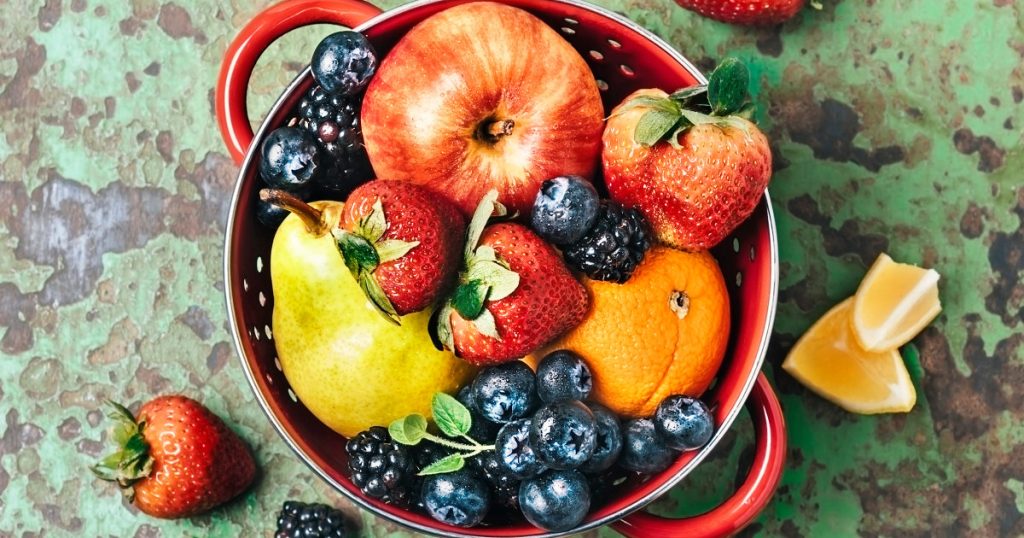Fiber is an essential part of a healthy diet as it helps with digestion, weight management, heart health, and overall well-being. Most Americans do not consume enough fiber in their daily diet, which is primarily found in plant-based foods like fruits, vegetables, legumes, and whole grains. There are two types of fiber, soluble and insoluble, each serving different functions in the body. Soluble fiber dissolves in water and forms a gel-like substance, slowing down digestion, while insoluble fiber absorbs fluids and increases stool bulk, aiding with bowel health.
Fiber has a multitude of health benefits, particularly aiding in digestion and maintaining bowel regularity. It is essential for a healthy gut, impacting inflammation, skin health, immunity, and mental well-being. Additionally, fiber can help lower cholesterol levels, control blood sugar levels, and reduce the risk of colorectal cancer. A fiber-rich diet has been associated with a reduced risk of various health conditions, including heart disease, diabetes, and certain types of cancer. Furthermore, soluble fiber can promote the growth of good gut bacteria, which is crucial for overall gut health.
The recommended daily intake of fiber varies depending on age and gender, but generally, adults should aim for about 30 grams of fiber per day. In terms of fruit consumption, it is advised to consume at least two servings of a variety of fruits daily, as part of a balanced diet that includes a total of five to seven servings of fruits and vegetables. High fiber fruits include pears, raspberries, apples, blueberries, avocados, guava, figs, oranges, prunes, kiwi, and strawberries, all of which offer substantial amounts of fiber, vitamins, minerals, and antioxidants.
Pears are a good source of fiber, vitamin C, and potassium, while raspberries are rich in fiber, antioxidants, and heart-healthy potassium. Apples contain fiber, vitamins C and E, and the antioxidant quercetin, which has potential anti-cancer properties. Blueberries, known for their anti-inflammatory benefits, offer fiber and essential nutrients like vitamins C and K. Avocados, although not commonly thought of as fruits, are high in fiber, heart-healthy fats, and potassium. Guava, figs, oranges, prunes, kiwi, and strawberries are also excellent sources of fiber and other beneficial nutrients.
Incorporating fiber-rich fruits into your daily diet can have a positive impact on your overall health. By choosing a variety of fruits high in fiber, individuals can improve digestion, maintain a healthy gut, control cholesterol and blood sugar levels, and reduce the risk of various diseases. Not only are these fruits delicious and nutritious, but they also provide essential vitamins, minerals, and antioxidants that support optimal health and well-being. Including these fiber-rich fruits in your diet can be a simple yet effective way to boost your fiber intake and enhance your overall nutritional intake.


